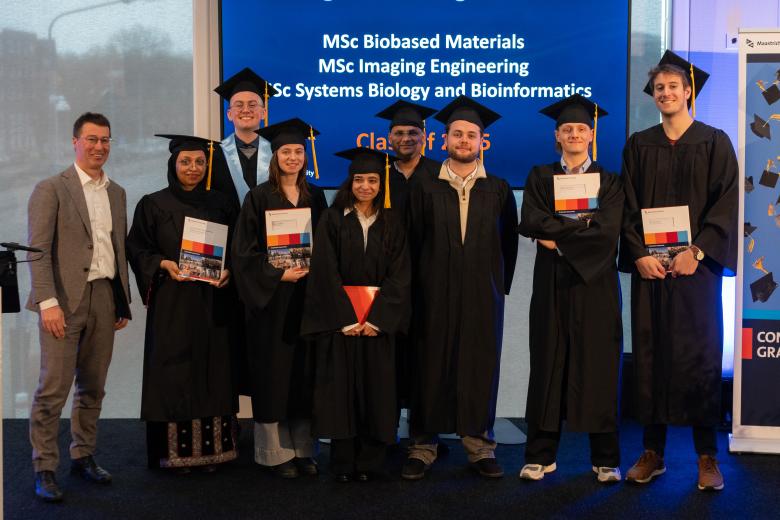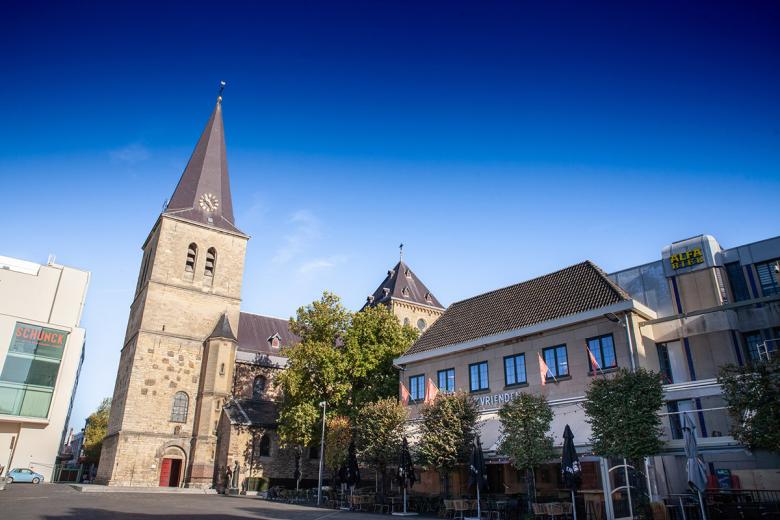Towards a healthier countryside
Scientists from Maastricht University will lead a major research programme into the health effects of climate adaptation in rural areas. In this programme, MANTRA, researchers from Maastricht University, Radboud University, Wageningen University & Research, Leiden University of Applied Sciences, RIVM, the Netherlands Environmental Assessment Agency and Naturalis are joining forces. Together with at least fourteen social and public organisations, such as the GGDs of Groningen and Hart van Brabant, the Wadden Academy, Movisie and Platform31, they focus on specific health risks and opportunities in rural areas, with specific attention for three different regions: the Hogeland, the Alblasserwaard and North-East Brabant. The funding for this, more than 2 million, comes from the Climate Adaptation and Health programme of the National Science Agenda (NWA).
Countryside Challenges
The effects of climate change are becoming increasingly visible. In the city, for example, heat stress arises because too much heat is produced in and between buildings and there is too little cooling due to too many stones and concrete. However, agriculture is one of the economic sectors with a major impact on the environment. In rural areas, issues such as water level management, greenhouse gas emissions and biodiversity problems play a role. An attempt is made to control the consequences of climate change in rural areas through all kinds of measures, funds and subsidies from the government. With direct and indirect impact on human, plant, animal and environmental health.
Investigating coherence
“I hope that by studying various cases, we will gain a better understanding of the cohesion and effects of the various transitions,” said research leader Prof. dr. Pim Martens of Maastricht University. “We are trying to adapt to climate change, but we actually know little about the effects of the various measures on each other. What seems good for one situation may be detrimental to another. For example, a useful water buffer can become a breeding ground for very annoying, sickening mosquitoes. In our new research program we therefore look at the entire context, the combination of scientific knowledge, government policy and daily practice.”
Via rural labs to a larger framework
In the research programme, three areas, the Hogeland, the Alblasserwaard and North-East Brabant, are used as rural labs. “In each of these areas, we enter into a very practical, action-oriented discussion and get to work with experts from politicians, GGD, companies, residents, etc. in a very structured way. What works and what does not in the house, garden, company, municipality. By connecting knowledge about different projects, coherent patterns become visible, which can ultimately serve as a framework for larger areas and regions. The result is a healthier living environment for all of us.” said Martens.
Also read
-
Ron Heeren appointed fellow of the Netherlands Academy of Engineering
Professor Ron Heeren, distinguished university professor at Maastricht University (UM) and director of the Maastricht MultiModal Molecular Imaging Institute (M4i), was appointed as a fellow of the Netherlands Academy of Engineering (NAE) on Thursday 11 December.
-
A strong education network for Brabant and Limburg: better alignment, less dropout
On November 24, 2025, secondary schools (VO) and higher education institutions (HO) in Brabant and Limburg signed up for the Education Network South Netherlands: one VO-HO network that will improve the flow of students to further education and reduce dropout rates.
-
Municipality of Heerlen, Parkstad Urban Region and UM invest 6 million in collaboration
Heerlen grants a one-time contribution of €1,478,050 to Maastricht University as part of the Regio Deal application ‘Fundament onder UM-onderwijs in Heerlen’ . This amount comes from the Fonds Economische Structuurversterking (FES) . The funding will help establish university education facilities in...